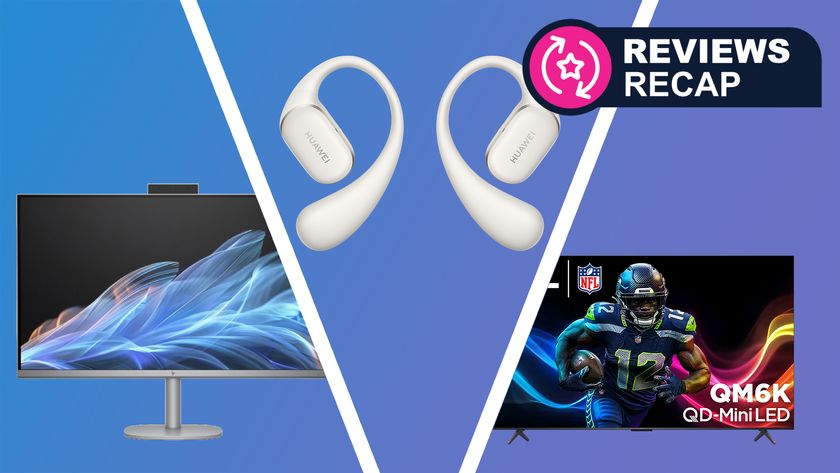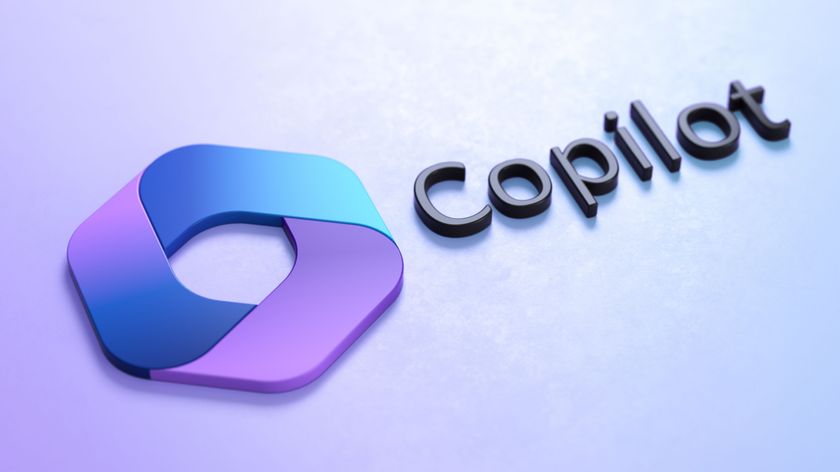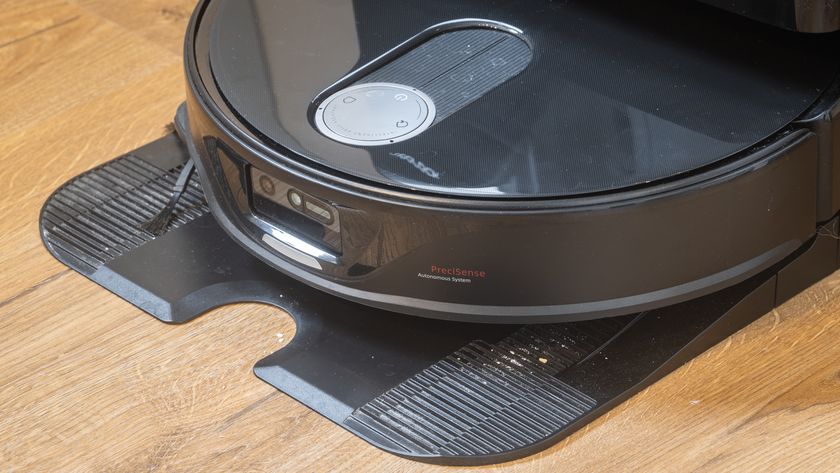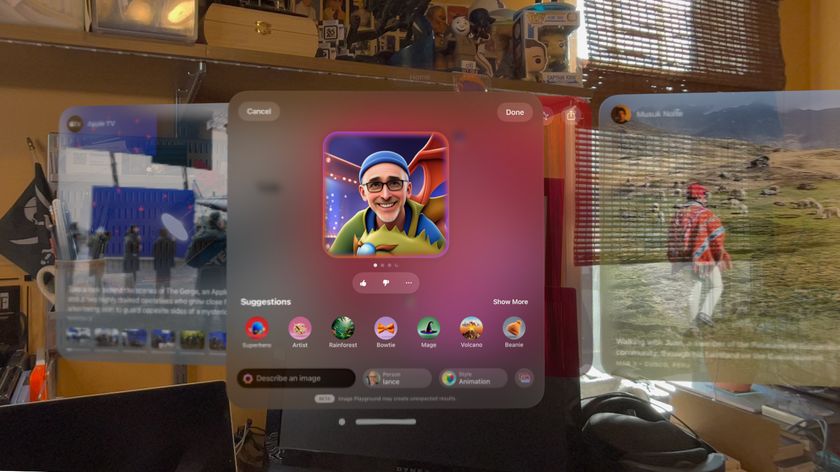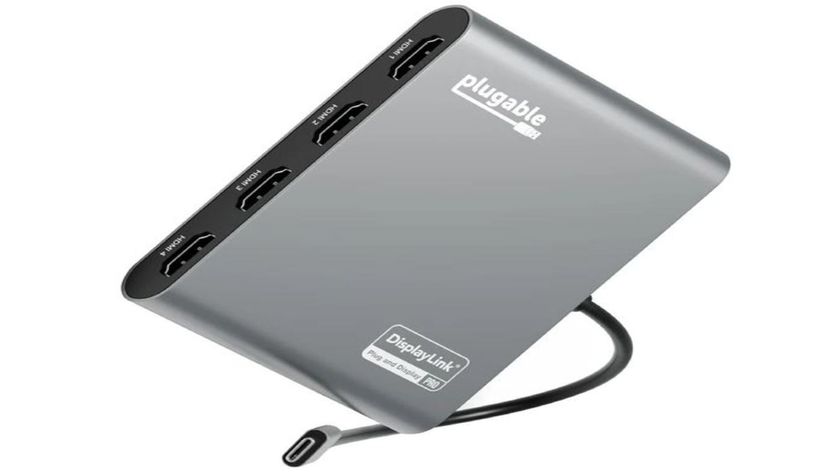
Back in the good old days, Microsoft did desktops, Google stuck to search and Apple made toys for people in polo necks. No more.
The superpowers of the technology world are at war, and like real wars, the battle is happening on several fronts. They're fighting on the desktop, they're fighting on mobile phones, they're fighting in the browser and they're fighting in your front room.
Who will prevail, and who will end up in a bunker? We chart the key battlegrounds in the fight for the future.
The home front
Despite the bad publicity surrounding Windows Vista, Microsoft continues to rule the desktop. It successfully saw off the threat of Linux on netbooks by resurrecting Windows XP earlier this year, and the launch of Windows 7 should keep existing Windows users loyal to Microsoft.
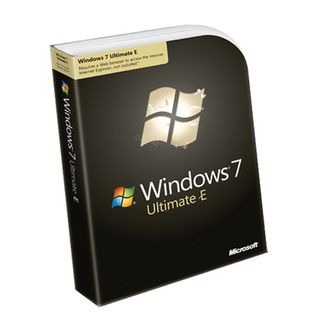
As ever, the year of desktop Linux doesn't appear to be the one we're in. Cracks are appearing, however. The PC market is becoming stratified, with Windows on commodity kit and Apple selling Macs to people with money.
According to research firm NPD, in June Apple had an incredible 91 per cent of revenue market share for systems costing $1,000 or more. Apple is also moving into Microsoft's most crucial territory: the enterprise.
Get daily insight, inspiration and deals in your inbox
Sign up for breaking news, reviews, opinion, top tech deals, and more.
Apple has licensed Exchange and built it into OS X's standard mail and calendar apps. The move appears to have rattled Microsoft: in August it announced the demise of its Entourage application for OS X; it is to be replaced by that enterprise favourite, Outlook.
Apple also has the much-rumoured Apple Tablet. Pundits are already breathlessly predicting that this will revolutionise computing. It may well do, but as no-one has actually seen a spec sheet, let alone the actual device (at the time of writing, no hard information has been leaked or published), for now this one needs to be filed under wishful thinking.
As does Google's Chrome OS. The OS will ship next year, and will initially be for netbooks only. Getting an operating system to support the myriad configurations of normal PCs is much more difficult, which means it'll probably be years before Chrome OS is more than vapourware for the average PC user.
The war in the skies
Though it may seem surprising, Microsoft isn't a late convert to the idea of cloud computing: it was punting Software as a Service and hosted applications through Application Service Providers in the 1990s. Sadly, neither PCs nor connections were fast enough to make that viable (or affordable – this was in the days of pay-per-minute internet access).
Now that we do have the horsepower, Google has stolen much of Microsoft's thunder. However, its cloud applications aren't really denting Microsoft's business empire – and Microsoft's forthcoming web-based Office apps look very good indeed.
Significantly, these will run on any platform, including Macs and Nokia mobile phones, which suggests that Microsoft now sees Windows and applications as two distinct product lines.
The big enemy here isn't Google: it's a general lack of trust in cloud computing. As security expert Bruce Schneier writes in The Guardian, "You don't want your critical data to be on some cloud computer that abruptly disappears because its owner goes bankrupt. You don't want the company you're using to be sold to your direct competitor. You don't want the company to cut corners, without warning, because times are tight. Or raise its prices and then refuse to let you have your data back. These things can happen with software vendors, but the results aren't as drastic."
Computing is moving inexorably towards the cloud, but companies with mission critical data are considerably more cautious.
As for Apple, it's not really a player in cloud computing just yet. Its paid-for MobileMe service is nice, but it's very much a niche product for Mac fans, although indications are that Apple is thinking of something more ambitious: the firm's building an enormous data centre in North Carolina, which seems a bit of overkill if it wants to use it just for serving up iTunes downloads.
- 1
- 2
Current page: The home front - and the battle of the skies
Next Page Mobile divisions and the forces' sweethearts
